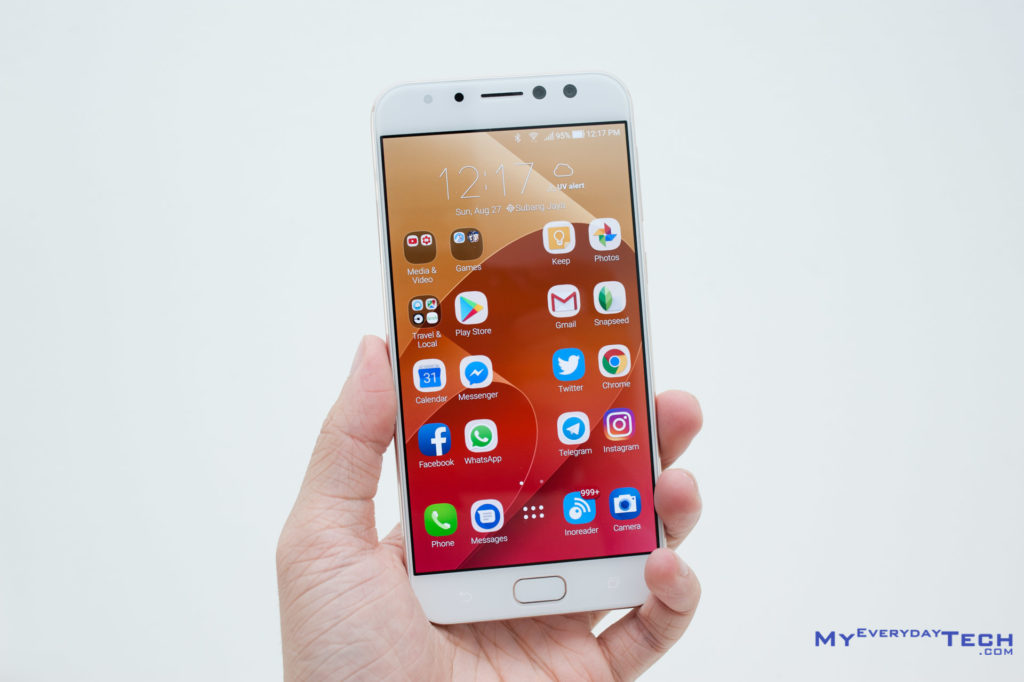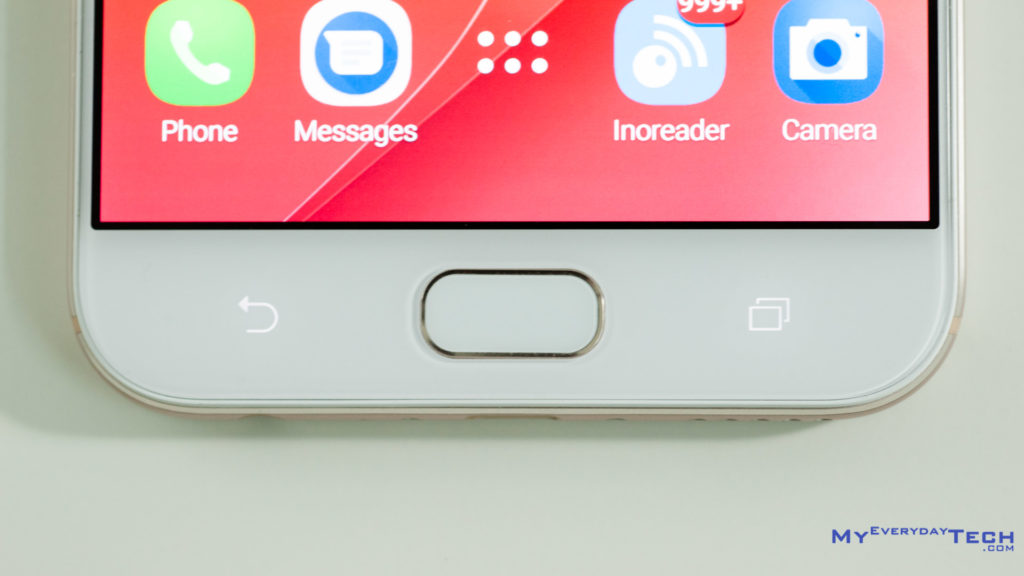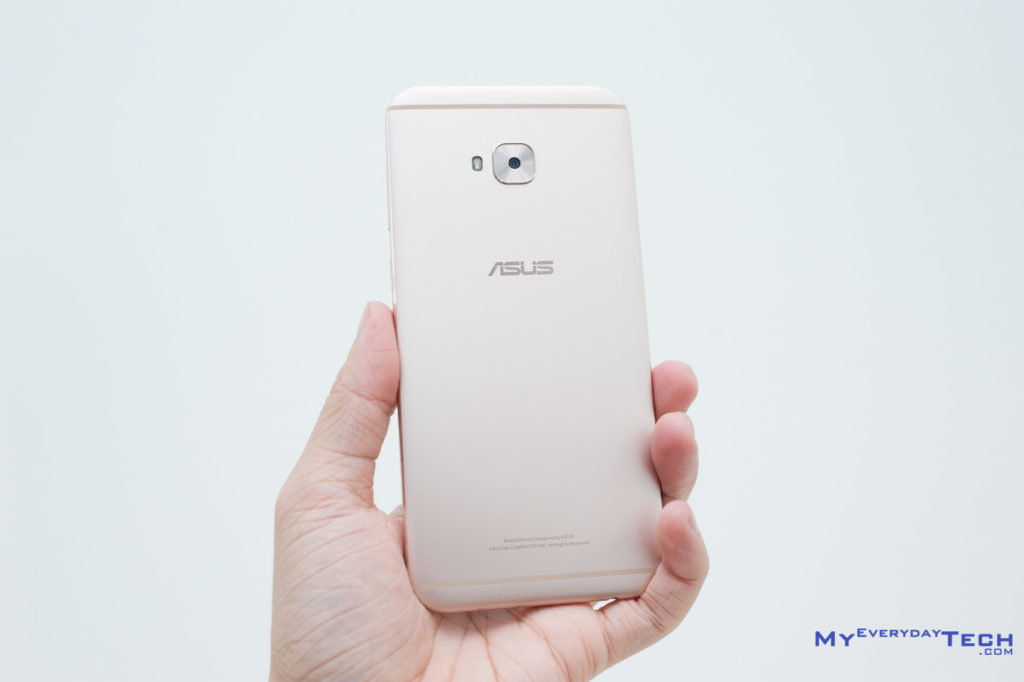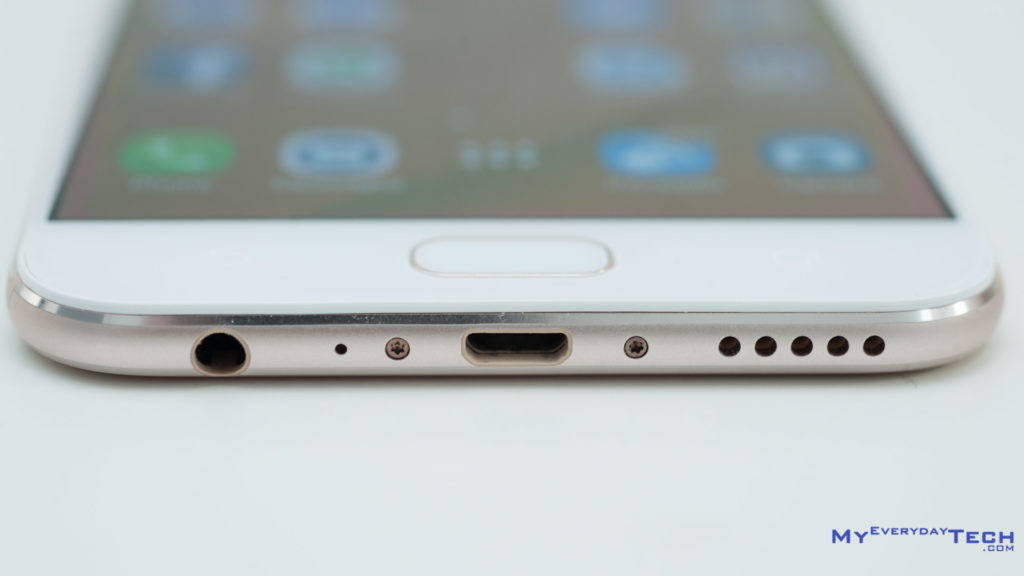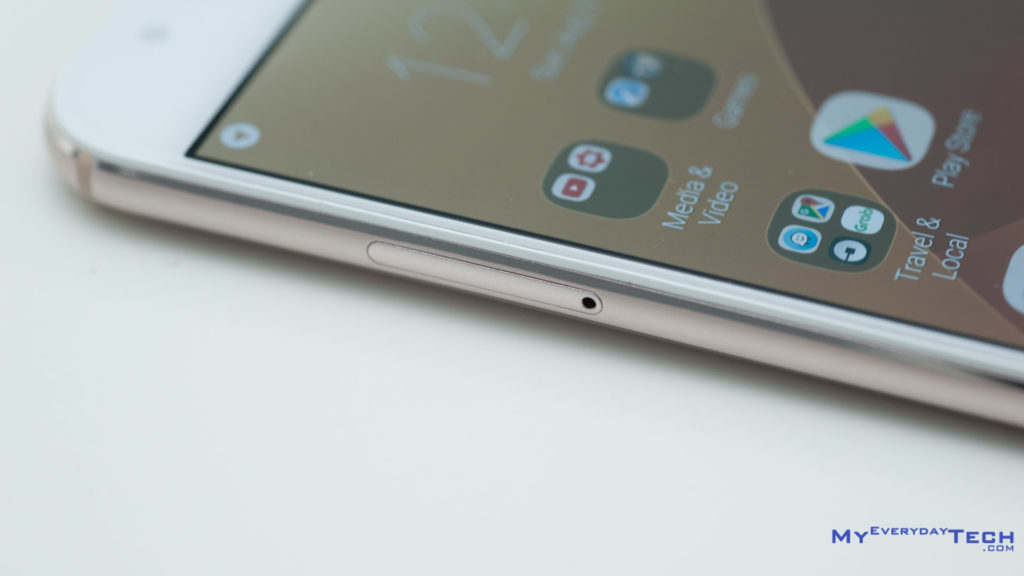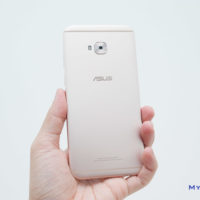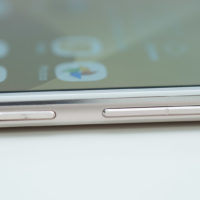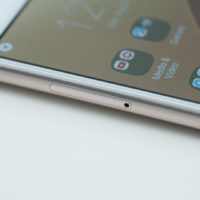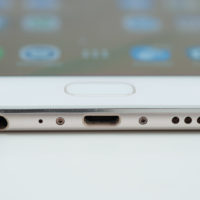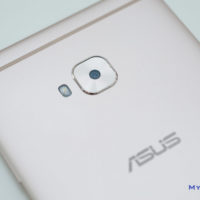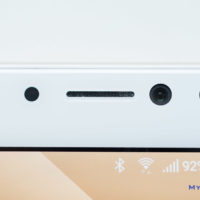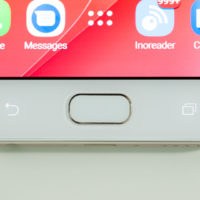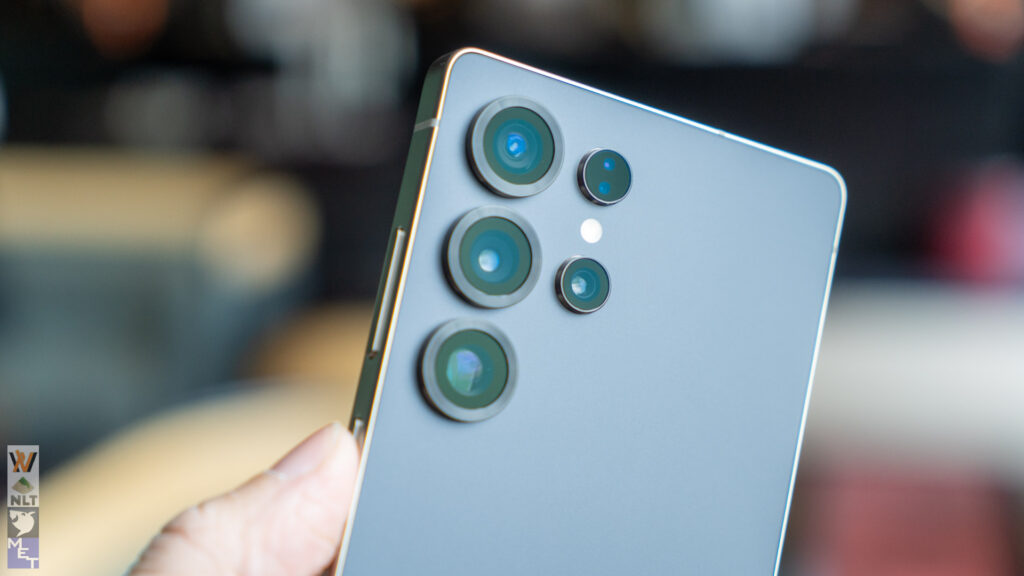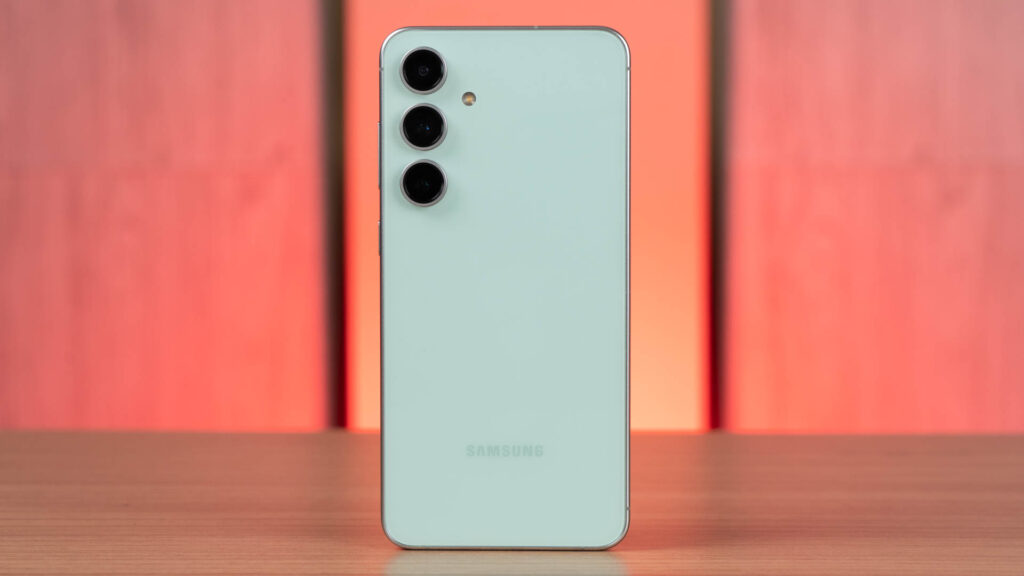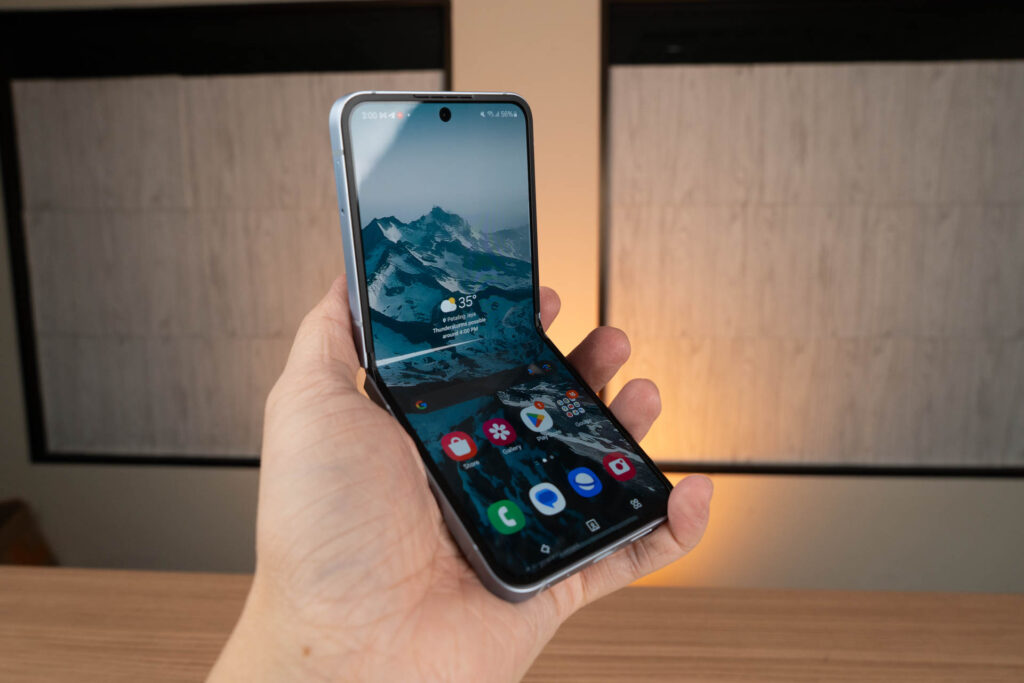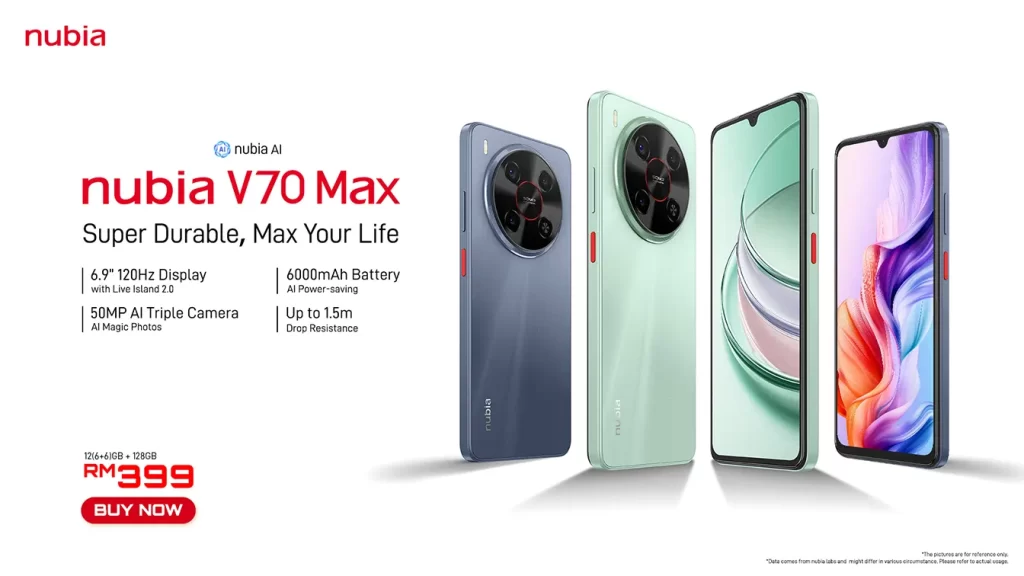ASUS ZenFone 4 Selfie Pro Review: Dual Selfie Cam
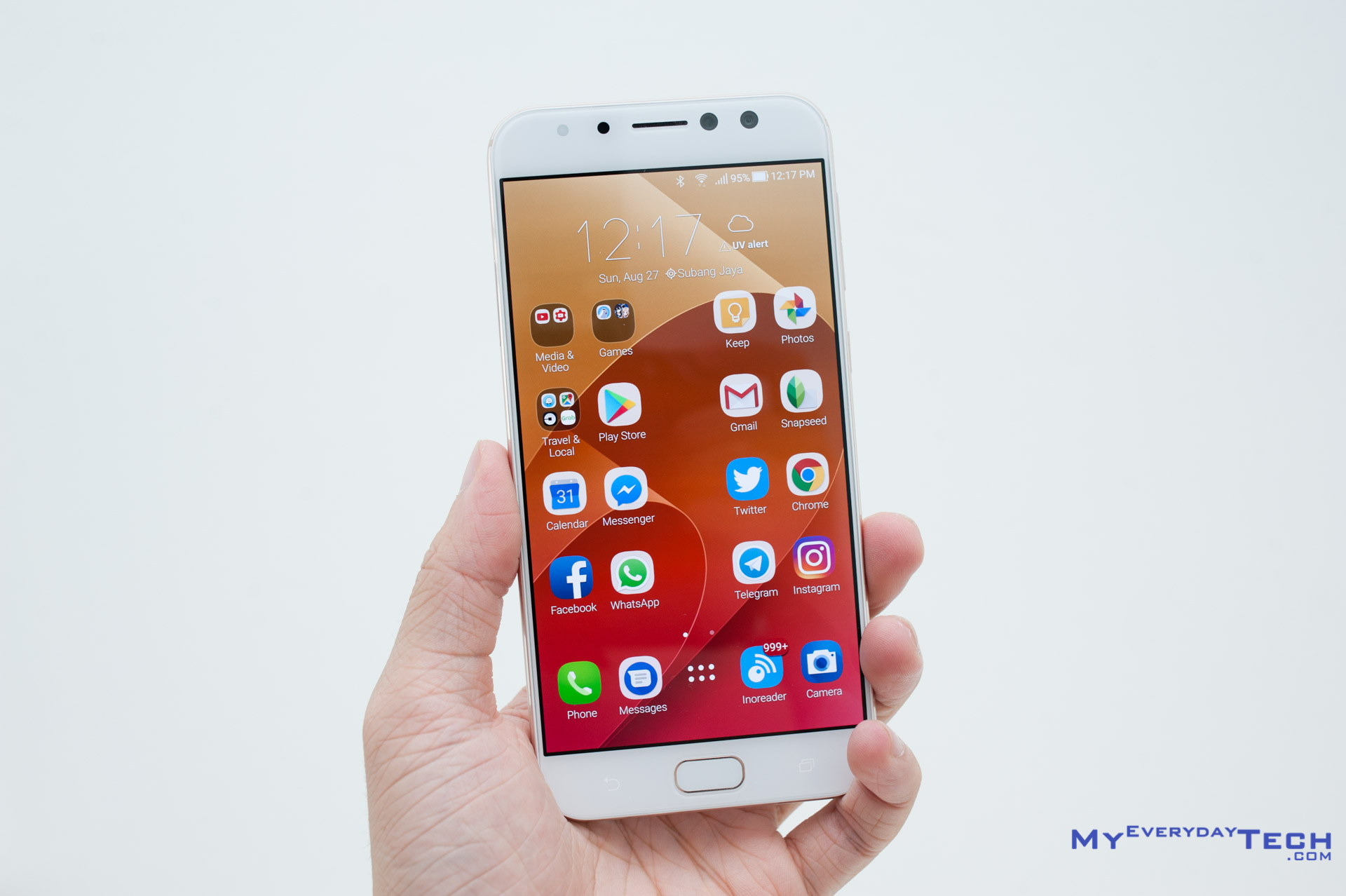
ASUS ZenFone 4 Selfie Pro
RM 1799Pros
- Great build quality
- Good and fast fingerprint scanner
- Excellent 5.5-inch AMOLED 1080p display
- Good camera app
- Takes good looking selfie (primary camera)
- Great performance
- Excellent battery life
Cons
- Micro USB
- Fingerprint scanner logic need improvement
- No IP-rated water and dust resistance
- No OIS
- Slow charging
- Underwhelming ultra wide angle camera sensor
Build Quality & Design
Design
The front design of the ASUS ZenFone 4 Selfie Pro is not something I would say groundbreaking. While it looks just like any other smartphones in the market, what really stands out is the dual camera at the top. More on that later.
The display is a 5.5-inch AMOLED panel with 1920 * 1080 pixels resolution. Not sure if you noticed the black strip surrounding the screen, we have seen so many smartphones trying to slim down the outer bezel by using this trick. Frankly speaking, it works well for phones with the black front face, but not for this.
By default, the display colour profile is set to Vivid in the settings. I personally find the colour to be over saturated so I opt for the Standard colour profile which looks a lot more natural. Therefore, my review for the display is solely based on the Standard colour profile. AMOLED panels already have high colour saturation, not sure why ASUS wanted to boost that even further. The colour reproduction is right on the spot and viewing angle is wide without having any issue of colour distortion.
The touchscreen is very responsive, especially for gaming. I have to highlight this because based on my observation, I manage to pull off a few tricky in-game actions on this phone with ease. This is definitely not a placebo effect as I previously had many bad experiences on other smartphones with delayed entry that costs me losing the round.
The capacitive navigation buttons are found at the chin of the phone with the home button doubles as the fingerprint scanner. The fingerprint scanner is fast to react even with light touches but ASUS could have improved the logic behind the security settings. As we know that the phone would occasionally request you to enter your PIN for additional security even when you wanted to access your phone with your fingerprint. What other smartphone do is prompting you to key in the PIN after the fingerprint scanner detects your finger. ASUS ZenUI, however, would not respond to any of your fingerprint scanning attempts. The screen would remain off until you press the home button and realised that PIN is required.
The phone fits perfectly in the palm all thanks to the well-rounded corners and curved sides. Even though the phone has a metal rear chassis, but it felt noticeably lighter than any other smartphones of this size.
At the bottom is where you’ll find all the connectivities. It’s 2017 and it really bothers me to see a new smartphone to come with Micro USB connector. Sometimes it makes me wonder, other than cost saving, what are the other reasons that manufacturers still want to hold onto the older outgoing standard.
We get a hybrid dual SIM slot where it supports either dual nano SIM or 1 nano SIM + MicroSD card.
Contents


